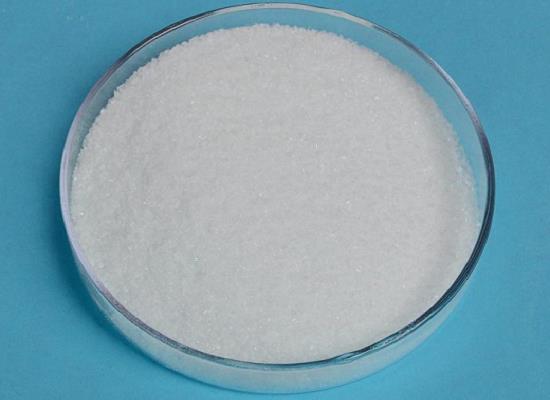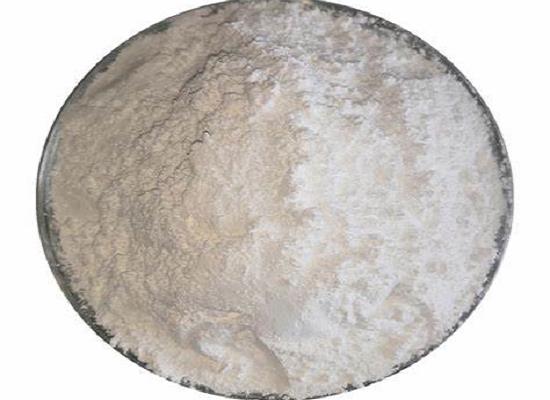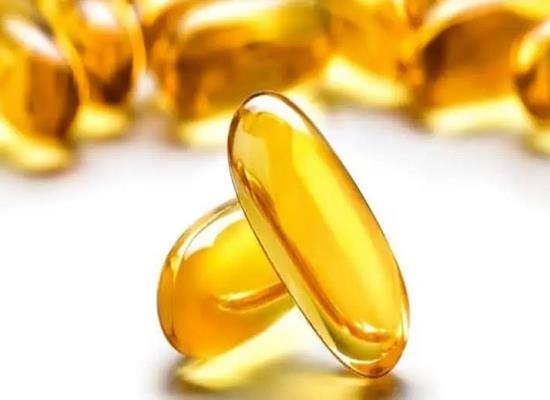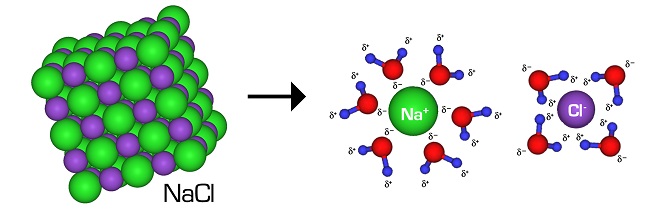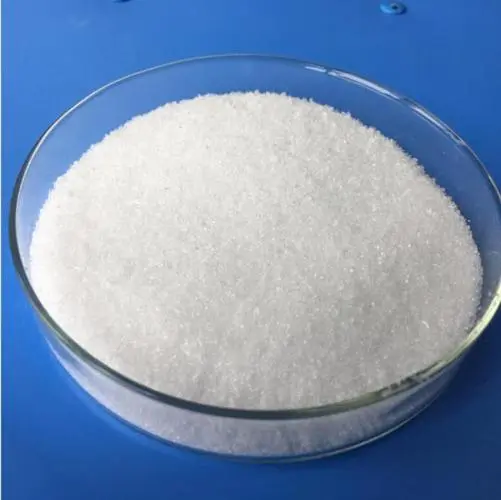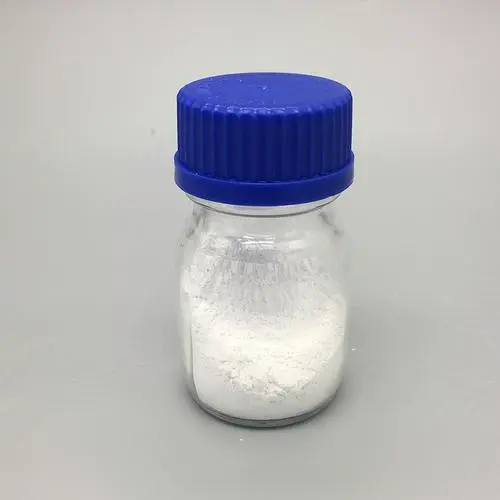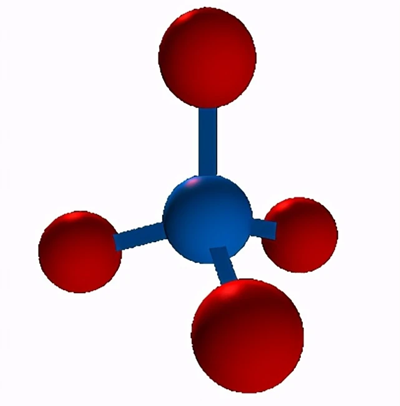Active Pharmaceutical Ingredients (API), popularly speaking, are the raw materials of medicines, only pharmaceutical raw materials are processed into pharmaceutical preparations , can they become medicines available for clinical use, so drugs we usually eat are the finished drugs through processing. Active Pharmaceutical Ingredients based on its sources can be divided into two major categories ,including chemical synthetic drugs and natural chemical drugs. Chemical synthetic drugs can be divided into organic synthetic drugs and inorganic synthetic drugs. Inorganic synthetic drugs are inorganic compounds ( very few is element), such as aluminum hydroxide, magnesium trisilicate which are used for the treatment of gastric and duodenal ulcers ; organic synthetic drugs are mainly composed of drugs made by basic organic chemical raw materials, through a series of organic chemical reactions (such as aspirin, chloramphenicol, caffeine, etc.). Natural chemical drugs ,based on its sources,can be divided into two categories including biochemical drugs and plant chemical drugs. Antibiotics are generally made by the microbial fermentation, which belongs to the biochemistry category. A variety of semi-synthetic antibiotics occurs in recent years,which are biosynthesis and chemical synthesis combining products.Among active Pharmaceutical Ingredients, the organic synthetic drugs varieties, yields and values have the largest proportion,which are the main pillars of the chemical and pharmaceutical industries. The quality of active Pharmaceutical Ingredients decides whether the formulation is good or bad , so its quality standards are very strict ,countries in the world have developed national pharmacopoeia standards and strict quality control methods for its widely used active Pharmaceutical ingredients.
Is XeF2 a polar or non-polar molecule?
XeF2 is a non-polar molecule because the fluorine molecules on either side of the central atom do not have dipole moments and therefore have no polarity.
Dec 20,2023 APIIntroduction to the synthesis method of Baloxavir marboxil
Baloxavir is a novel cap-dependent endonuclease inhibitor that blocks influenza virus proliferation by inhibiting the initiation of mRNA synthesis.
Dec 20,2023 APIPropylparaben: A Common Antimicrobial and Preservative Chemical Found in Personal Care Products and Food
Propylparaben, a paraben compound, is widely used for its antimicrobial and preservative properties in various consumer products. The majority of it is excreted as non-specific metabolites.
Dec 20,2023 API4,4-Piperidinediol hydrochloride: synthesis and applications in organic synthesis
The synthesis of 4,4-Piperidinediol hydrochloride involves C-H and C-C bond functionalizations. It serves as a building block for bis-bispidine tetraazamacrocycles and pharmaceutical compounds.
Dec 20,2023 APILinolenic acid: functional effects and pharmacokinetics
Linolenic acid exerts positive effects on cardiovascular health by influencing arrhythmogenesis and thrombosis. Efficiently absorbed and distributed, it may lower the risk of CVD events and mortality.
Dec 20,2023 APIWhat is the polarity of NaCl?
NaCl is a chemical formula for Sodium Chloride, and it is made of one Sodium atom and one chlorine atom. The atoms of both Sodium and Chlorine are arranged in an organized pattern, also known as a lat
Dec 19,2023 APIEffect of short-term feeding of sodium acetate on milk fat yield in dairy cows
Supplementation with sodium acetate (NaAcet) increases milk fat production through an apparent stimulation of de novo lipogenesis in the mammary gland.
Dec 19,2023 APIPentadecapeptide BPC 157 and the central nervous system
BPC 157 is a naturally occurring gastric pentadecapeptide that is non-toxic and has far-reaching cytoprotective activity; it has been tested in ulcerative colitis and multiple sclerosis trials.
Dec 19,2023 APIThe synthesis and history of plazomicin
Plazomicin (formerly ACHN 490) is a novel aminoglycoside that has been developed to target multidrug-resistant (MDR) Enterobacteriaceae.
Dec 19,2023 APIIs CH4 a polar or non-polar molecule?
The CH4 molecule is a non-polar molecule because there is no net dipole moment in the molecule.
Dec 19,2023 API





